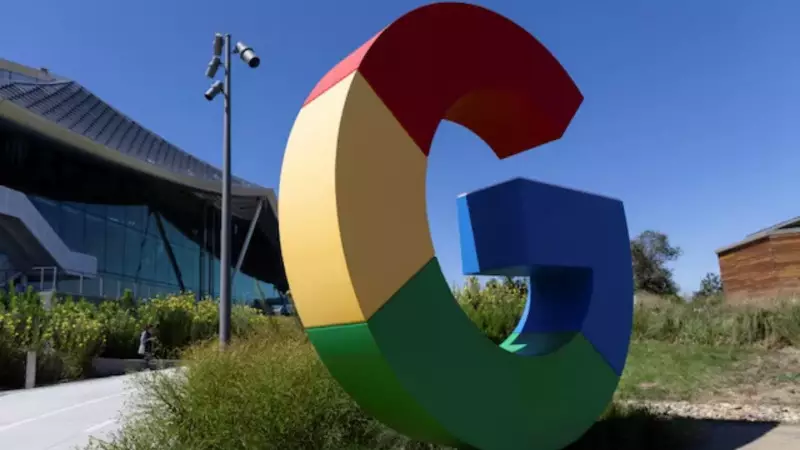
The future of Google's massive advertising technology business now rests in the hands of a federal judge after three hours of intense closing arguments between US Department of Justice lawyers and Google's legal team.
The Crucial Decision Timeline
Judge Leonie M. Brinkema of the U.S. District Court for the Eastern District of Virginia heard final arguments on Friday and confirmed that her ruling in this landmark case will likely come next year. This decision could fundamentally alter Google's $3.64 trillion business operations and set a precedent for how tech giants are regulated.
The judge expressed significant concerns about the timing of any potential breakup of Google's advertising technology assets. "I am concerned about the timing of all this," Brinkema stated, noting that Google's expected appeal of her earlier ruling could further delay the implementation of any court-ordered changes.
What's at Stake for Google
The government has asked the court to force Google to spin off the technology that runs its ad exchange - the system that facilitates transactions between ad buyers and sellers. Additionally, prosecutors want Google to make public the code for tools that publishers use to sell ads and share certain data.
This case represents one of the clearest opportunities for a judge to force a tech giant to divest part of its business in the modern internet era. Google narrowly avoided this fate earlier this year when another judge decided against forcing the company to sell its popular Chrome browser in a separate monopoly case.
The Legal Battle Intensifies
The advertising technology case stems from a lawsuit - United States et al. v. Google - filed by the Justice Department and a group of states in 2023. The government argued that Google dominated every aspect of the system that places ads on websites, processing an astonishing 8.2 million requests to sell ad space every second according to employee testimony.
In her April ruling, Judge Brinkema determined that Google had indeed broken antitrust laws to maintain monopolies over two key parts of the advertising system:
- The tools used by publishers to sell ads
- The software that facilitates transactions between publishers and advertisers
However, the government failed to prove Google had a monopoly over tools used by advertisers to buy space.
Diverging Solutions Proposed
The Justice Department's lawyer, Matthew Huppert, argued that only a breakup of Google's business could restore genuine competition to the ad technology industry. "A brighter, more competitive future for the open web is not just possible, it is urgently needed," he told the court.
Google's legal team, led by Karen Dunn, proposed a much more limited solution. The company would change some practices to make competition easier, share more data with publishers about ad auctions, and make it simpler for publishers to use competing ad tools alongside Google's system.
Dunn argued that the government's demand for a breakup was extreme and not justified by previous legal cases, questioning "How can the government still be overreaching for divestiture?"
The timing debate continues, with Google estimating a sale of its ad exchange would take under two years, while the company's proposed behavioral changes could be implemented within 12-15 months.
This case forms part of a broader government campaign to regulate big tech companies, though regulators have faced recent setbacks including a ruling that Meta did not illegally stifle competition through its acquisitions of Instagram and WhatsApp.






